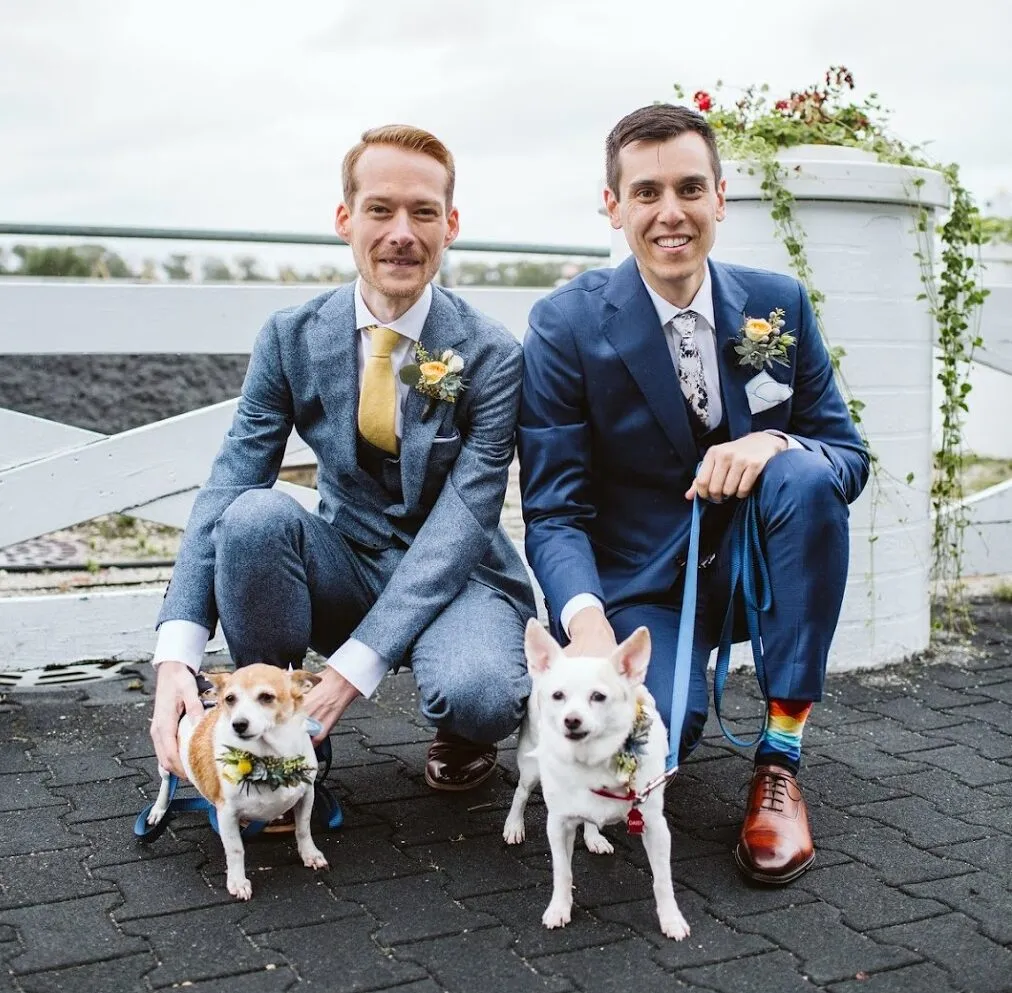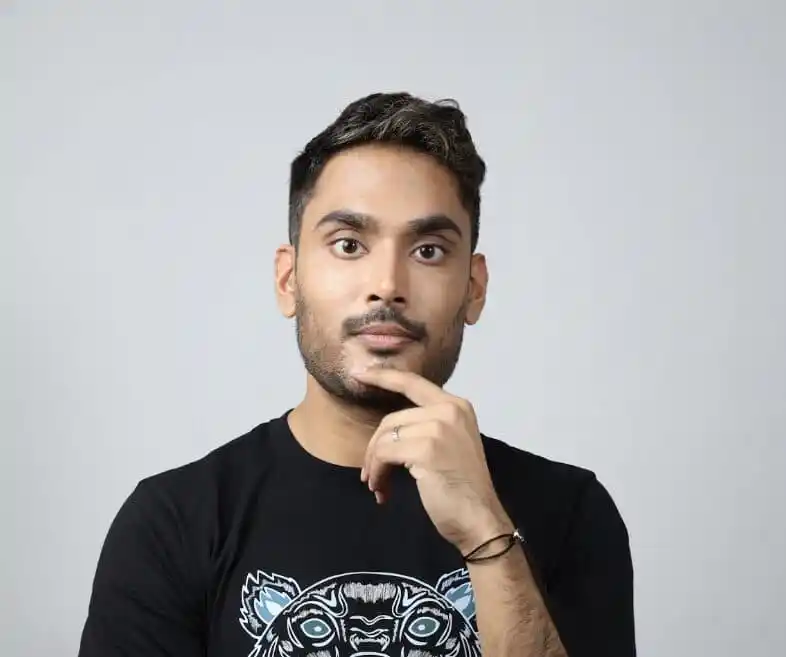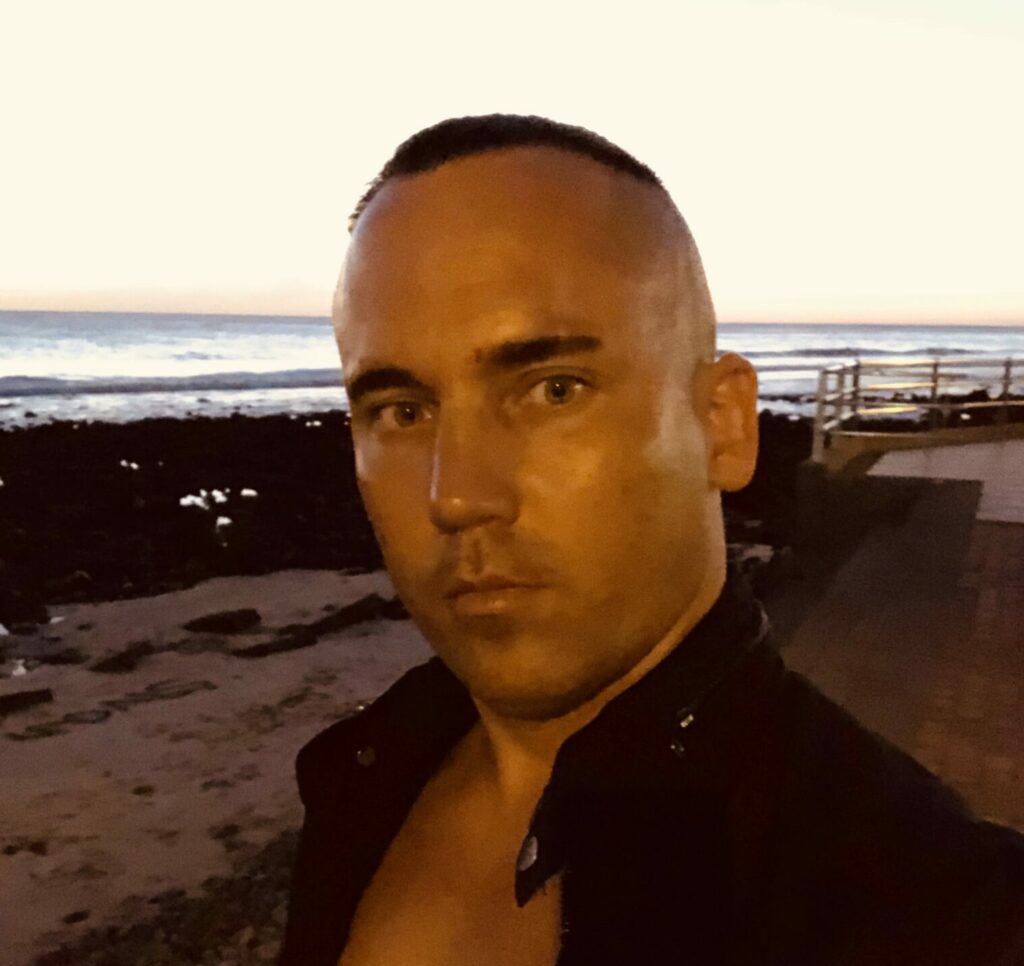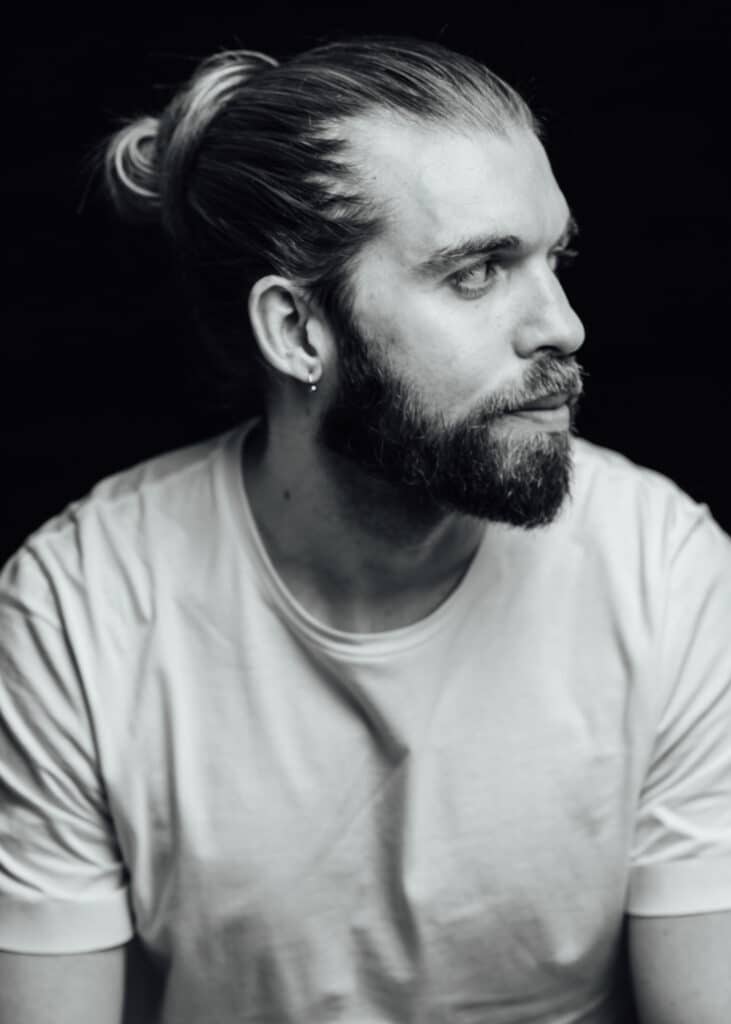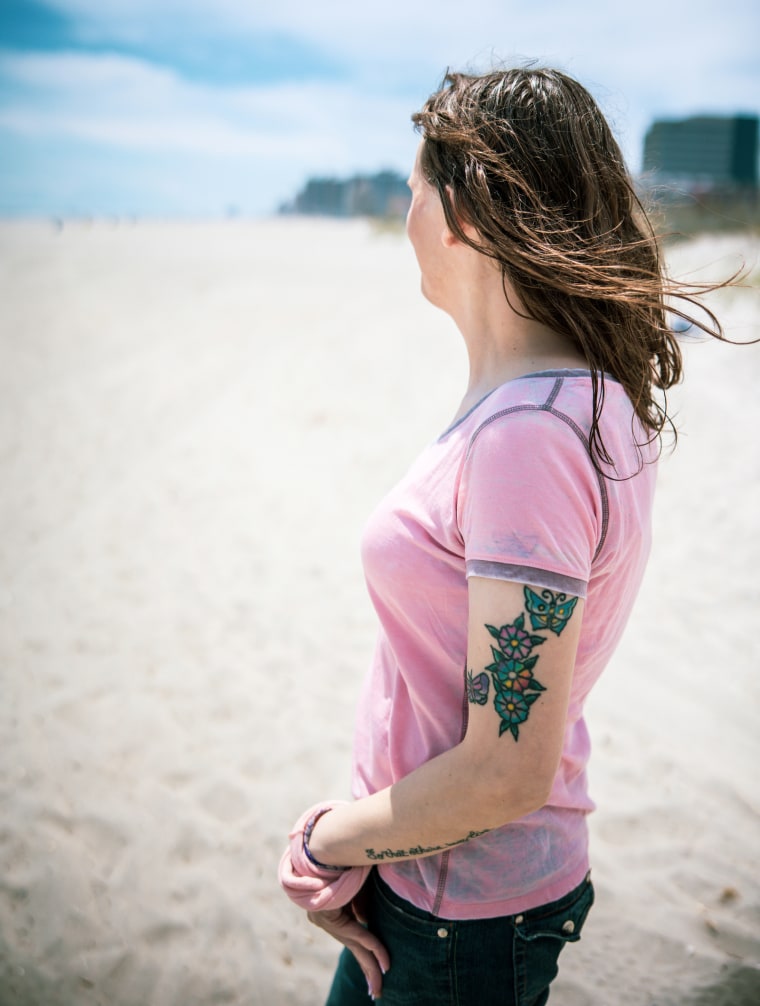Over 100 Groups Urge Biden to Fully Rescind Title 42 Expulsions
Honorable Joseph R. Biden, Jr.
President of the United States
1600 Pennsylvania Avenue
Washington, DC 20500
Dear President Biden:
We, the 105 undersigned organizations, write to express our alarm and disappointment that your administration is reportedly considering plans to continue to use the unlawful Title 42 expulsion policy to block and expel adult asylum seekers for at least two more months and may use punitive measures such as ankle monitors and expedited removal in processing families. Not only does the Title 42 policy violate U.S. refugee law and treaties, but it also endangers people seeking U.S. protection, with over 3,250 kidnappings, rapes, and other attacks on people expelled or blocked at the U.S.-Mexico border since you took office. This number rises every day your administration fails to end this policy. We urge your administration to fully rescind this policy for all populations, comply with U.S. refugee law, and ensure that Black, LGBTQ and other adult asylum seekers, many of whom have been turned back or expelled at ports of entry, as well as families and children, have swift access to the U.S. asylum system.Over 100 Groups Urge Biden to Fully Rescind Title 42 ExpulsionsOver 100 Groups Urge Biden to Fully Rescind Title 42 Expulsions
Many of our organizations have repeatedly called on your administration to end the Title 42 expulsion policy and restart asylum processing for people seeking refuge. Rational, science-based measures, recommended by public health experts exist to mitigate COVID-19 concerns and safely process asylum seekers at the border. The use of Title 42 – described as a “Stephen Miller special” by a former Trump administration official – was implemented over the objections of senior Centers for Disease Control and Prevention (CDC) experts and has been widely discredited by epidemiologists and public health experts who have confirmed it has “no scientific basis as a public health measure.” These experts provided detailed recommendations for the safe processing of asylum seekers to your transition team, the CDC, and other officials in your administration. In May 2021, medical experts for the Department of Homeland Security (DHS) filed a whistleblower disclosure condemning the policy for lacking a public health justification and for fueling widespread family separation and detention of children. Medical professionals providing care in encampments and shelters in Tijuana have also decried the expulsion policy as threatening the health and safety of migrants.
Human rights organizations and the media have documented the escalating dangers faced by asylum seekers and migrants subjected to the Title 42 policy, many of whom have been forced into squalid and dangerous conditions in several new camps near the border. Legal and humanitarian staff who work with migrants subjected to the policy have also faced serious risks to their safety. The Title 42 policy has also driven family separations as it presents families with the impossible choice of keeping children in danger or sending them alone across the border for their safety. As a result, many of the single adults who are now stuck in Mexico are desperately trying to reunite with their children in Office of Refugee Resettlement custody or with family in the United States.
The expulsion policy has disproportionately affected asylum seekers from Africa, the Caribbean, and elsewhere, who were not placed in the Migrant Protection Protocols (MPP) and are not eligible for processing into the United States under Phase 1 or Phase 2 of its winddown. Black and LGBTQ asylum seekers blocked in Mexico under the expulsion policy and unable to request protection at a port of entry continue to experience targeted discrimination and violence. Recent reports indicate that while your administration may end the policy in July for families, it may continue to subject adult asylum seekers to the policy for at least two months – an unacceptable delay that would prolong disparities in access to protection and disproportionately impact Black asylum seekers from African and Caribbean countries, as well as LGBTQ refugees and others who are not traveling with children. Such an approach would be completely indefensible. Public health safeguards in no way require or justify disparate treatment between families and adults arriving alone. Moreover, such an approach is contrary to U.S. asylum law and the non-discrimination provisions of the Refugee Convention.
We are concerned that this administration continues to look to deterrence as a strategy to address processing of asylum seekers at the border. Ankle monitors, budget requests for expansive detention, and expedited removal are part of a deterrence strategy that is inhumane and ineffective. Such a cruel strategy is the physical manifestation of the statement “Don’t come.” Electronic monitoring devices are a particularly intrusive measure that causes physical and emotional harm without a positive impact on appearance rates as compared to appropriate, community-based case management services. With respect to expedited removal, many of our organizations, as well as the bipartisan U.S. Commission onInternational Religious Freedom, have long noted failures by Customs and Border Protection officers and Border Patrol agents to follow basic required procedures to identify individuals who must be referred for credible fear interviews, as well as intimidation and coercion of asylum seekers to withdraw requests for protection.
While we greatly appreciate your administration’s ongoing efforts to process into safety certain asylum seekers subjected to MPP, we remain gravely concerned that the Biden administration continues to block and expel asylum seekers to the same dangers under the Title 42 policy. In a rare public statement calling on this country to uphold its legal obligations, the U.N. High Commissioner for Refugees recently urged the United States to swiftly end this policy and “restore access to asylum for the people whose lives depend on it, in line with international legal and human rights obligations.”
With the 70th anniversary of the Refugee Convention approaching in July, we urge your administration to end its misuse of Title 42 public health authority immediately, restore asylum processing in line with U.S. refugee laws and treaties for all asylum seekers – including at U.S. ports of entry – and set an example for the rest of the world by welcoming refugees with dignity.
Respectfully,
The Advocates for Human Rights
Al Otro Lado
Aldea – The People’s Justice Center
Alianza Americas
American Friends Service Committee
American Immigration Council
American Immigration Lawyers Association
American Gateways
America’s Voice
Amnesty International USA
Angry Tias and Abuelas of the RGV Asylum Access
Asylum Access México (AAMX) A.C.
Asylum Seeker Advocacy Project (ASAP)
Austin Border Relief
Bay Area Border Relief
Bellevue Program for Survivors of Torture
Black Alliance for Just Immigration (BAJI)
BORDER ANGELS
Border Kindness
California Collaborative for Immigrant Justice
Catholic Legal Immigration Network, Inc.
Center for Gender & Refugee Studies
Center of Excellence for Immigrant Child Health and Wellbeing, UCSF Benioff Children’s Hospitals
Children’s Defense Fund
Christian Reformed Church, Office of Social Justice Church World Service
Coalition on Human Needs
Columbia Law School Immigrants’ Rights Clinic
Comunidad Maya Pixan Ixim
Cooperative Baptist Fellowship
Desert Support for Asylum Seekers
Detention Watch Network
Diocesan Migrant & Refugee Services, Inc.
Disciples Immigration Legal Counsel Fellowship Southwest
First Focus on Children
Florence Immigrant & Refugee Rights Project Freedom For Immigrants
Geopaz. Instituto de Geografía para la paz AC (IGP) / Geopaz. Institute of Geography for Peace Grassroots Leadership
Haitian Bridge Alliance
HIAS
Houston Immigration Legal Services Collaborative
Human Impact Partners
Human Rights First
Human Rights Initiative of North Texas
Human Rights Watch
Immigrant Allies of Marshalltown
Immigrant Defenders Law Center
Immigrant Legal Defense
Immigration Equality
Innovation Law Lab
Instituto para las Mujeres en la Migración (IMUMI)
International Refugee Assistance Project (IRAP)
International Rescue Committee
Jesuit Refugee Service/USA
Jewish Family Service of San Diego
Justice for our Neighbors El Paso
Justice for Our Neighbors Michigan
Kids in Need of Defense
Kino Border Initiative
Laredo Immigrant Alliance
Latin America Working Group (LAWG)
Law Office of Jodi Goodwin
LUCHA Ministries, Inc.
Lutheran Immigration and Refugee Service
Migrant Center for Human Rights
Migration Matters
National Immigrant Justice Center
National Immigration Law Center
National Justice for Our Neighbors
National Network for Immigrant & Refugee Rights
NETWORK Lobby for Catholic Social Justice
New York Justice for Our Neighbors, Inc.
NM Comunidades en Acción y de Fe (CAFe)
Physicians for Human Rights
Project Blueprint
Project Corazon, Lawyers for Good Government
Project Dignity Legal Team
Project Lifeline
Proyecto de Ayuda para Solicitantes de Asilo (PASA)
Public Counsel
Rainbow Beginnings
Rainbow Bridge Asylum Seekers
Refugee Congress
Refugees International
San Diego Immigrant Rights Consortium
Sanctuary for Families
Save the Children
Seguimos Adelante
Sin Fronteras Nuevo Mexico
Sisters of Mercy of the Americas Justice Team
Southern Border Communities Coalition
Southern Poverty Law Center
Tahirih Justice Center
The Advocates for Human Rights
The Legal Clinic / HI Coalition for Immigrant Rights
The Sidewalk School
UndocuBlack Network
United Stateless
VECINA
Wind of the Spirit Immigrant Resource Center
Witness at the Border
Women’s Refugee Commission
